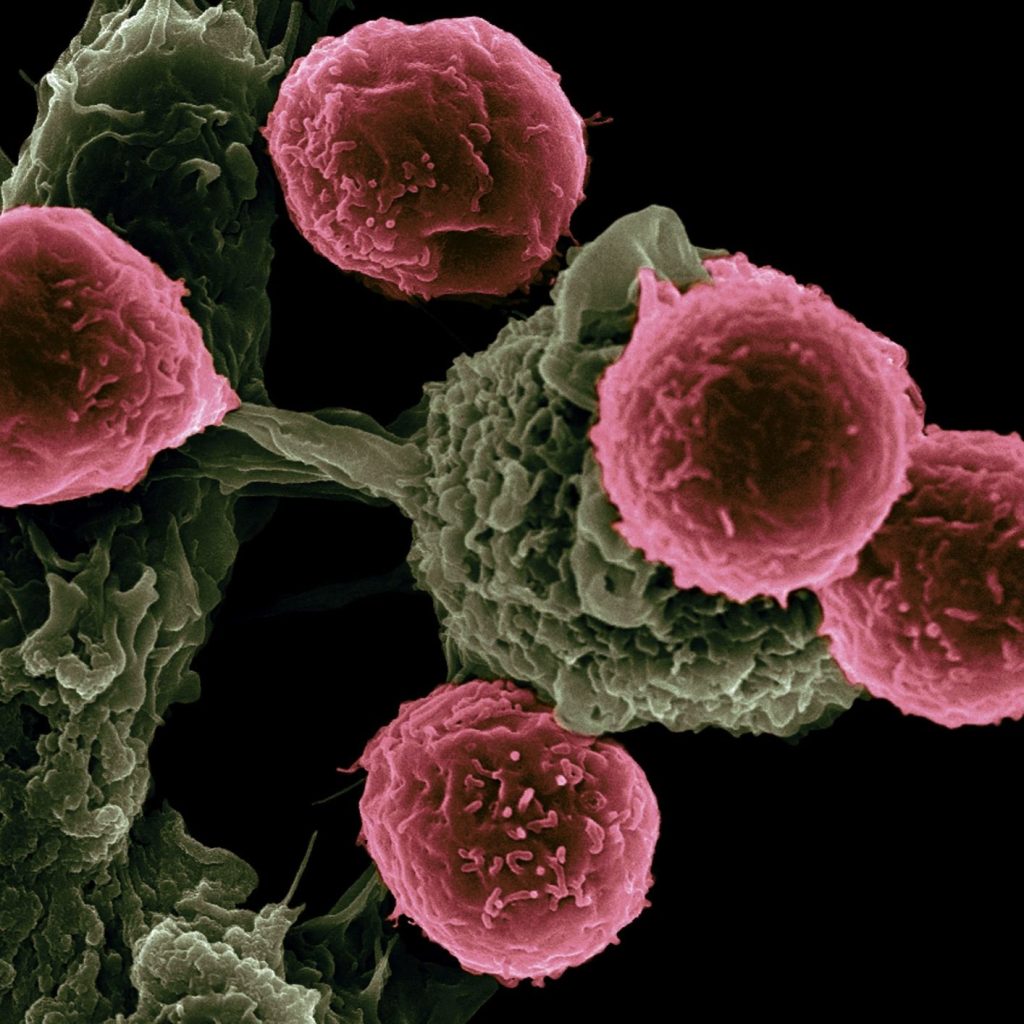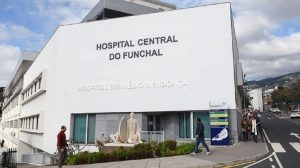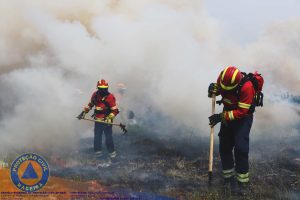Researchers from the Faculty of Medicine of the University of Porto (FMUP), have concluded that dysregulation of the genital and urinary microbiota may be associated with the development of prostate cancer, which commonly affects men over the age of fifty.
The research, published in the scientific journal Cancers, establishes a relationship between prostate cancer and dysregulation of the microbiota [intestinal flora], revealing “promising” biomarkers for the diagnosis and treatment of the disease.
Using RNA sequencing technology, the researchers compared the composition and diversity of bacteria present in the urine, glans, and prostate of men with cancer and men without the disease. Based on the evidence, researchers acknowledge that the “community of bacteria found in patients’ urine is different from the bacteria analysed in the urine of men without the disease” and that, in addition to a greater diversity of species, some types of bacteria are present in much higher amounts in the urine of prostate cancer patients.
According to the authors, the results of the study “show that there is effectively a dysregulation of the microbiota in men with prostate cancer. This dysregulation may promote chronic prostate inflammation and be implicated in the development of this type of cancer.”
The study results show “significantly higher levels” of bacteria such as Streptococcus, Prevotella, Peptoniphilus, Negativicoccus, Actinomyces, Propionimicrobium, and Facklamia in the urine of cancer patients. Furthermore, details analysis shows that bacteria of the genus Stenotrophomonas are found in the glans, while Alishewanella, Paracoccus, Klebsiella, and Rothia bacteria are prevalent in the prostate.
However, the new data may point to promising biomarkers in the early diagnosis of prostate cancer and help the scientific community and clinicians find new therapeutic options.
The research is part of the project “SexHealth & Prostate Cancer: Psychobiological Determinants of Sexual Health in Men with Prostate Cancer” and is authored by Micael Gonçalves, Teresa Pina-Vaz, Ângela Rita Fernandes, Isabel Miranda, Carlos Martins Silva, Acácio Gonçalves Rodrigues, and Carmen Lisboa.
Samantha Gannon
info at madeira-weekly.com
Photo: national-cancer-institute-LnvCEXQwC-o-unsplash.jpg





